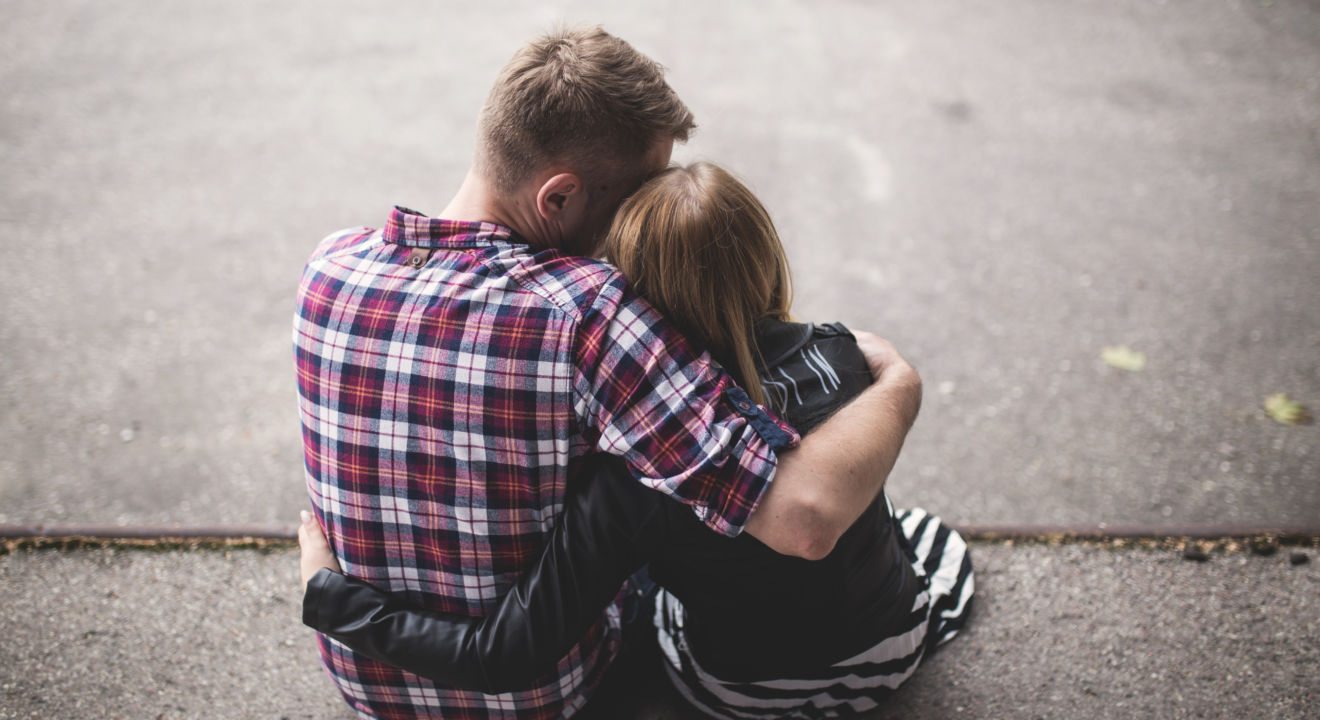Relationships November 10, 2016


Although codependency is typically frowned upon, it might be more common that you think. Maybe you grew up in dysfunctional households and have learned codependent behaviors, such as putting someone else’s desires before your own, ignoring “red flag” qualities and staying with someone who doesn’t meet your emotional needs. These kinds of behaviors are learned from an early age and can affect the relationships you have the rest of your life.
But if they’re learned, they can also be unlearned.
Many people get in and stay in codependent relationships because they have low self-esteem; these types of relationships make them feel needed. “Co-dependents look for anything outside of themselves to make them feel better,” explains Mental Health America. “Co-dependents often take on a martyr’s role and become ‘benefactors’ to an individual in need.”
Many times, these relationships are one-sided and emotionally abusive, but rarely do codependents end these relationships, as they feel their worth lies in fixing or helping the other.
Codependents also have an exaggerated sense of responsibility for another’s happiness because they feel an extreme need for approval in order to feel good themselves. Psych Central explains that people-pleasing is one of the main symptoms of codependency. “It’s fine to want to please someone you care about, but codependents usually don’t think they have a choice,” the website says.
In addition, codependent people have difficulty making decisions, identifying feelings and expressing boundaries because of the fear of upsetting others. They avoid all confrontation in the relationship because of the belief that their partners will no longer love them if they speak their mind. “Saying ‘no’ causes them anxiety,” Psych Central adds. “They go out of their way and sacrifice their own needs to accommodate other people.”
These behaviors are unhealthy and destructive and it’s hard to find true happiness in a relationship with fear involved. “Codependent relationships signify a degree of unhealthy clinginess, where one person doesn’t have self-sufficiency or autonomy,” says Scott Wetzler, Ph.D., psychology division chief at Albert Einstein College of Medicine.
If you are afraid to be alone, afraid that nobody else would want to date you, afraid that your partner doesn’t love you unless you’re doing something for them or afraid that you’ll upset your partner by putting yourself first, then you are living in a relationship based on fear, not love.
Fear doesn’t allow for any growth. It will hold you back your entire life. But you don’t have to live with this kind of fear and pain. If you learn to love yourself without other’s approval you will find a relationship based in love.
So how do you recover from this destructive cycle?
First, analyze the root of the problem. From whom did you learn to love? Is he or she in a happy relationship? When did you decide you were worthless? WebMD also suggests figuring out whether or not you are able to find satisfaction in your life outside of a specific person. Explore the person you are today, and evaluate if you want to continue modeling this behavior or learn a more mature and successful way of loving yourself and others.
Once you’ve recognized where you’ve learned these destructive behaviors, you have to educate yourself on how to end these self-destructive patterns. It’s not as easy as you would think. Group or single therapy sessions are extremely helpful for learning about why and how these patterns exist and how to get over them.
And as psychologist Misty Hook, Ph.D. tells WebMD, “It’s also important to spend time with relatives, friends and family to broaden the circle of support.” Then, after you have your support, Hook says you need to “find hobbies of your own. Try separating for certain periods of time to create healthy dependence on one another.”
You’ve got to uncover those feelings you’ve buried for fear of hurting others. Realize that these feelings are valid and normal and that you can recover from them on your own. Experience all of your emotions and express your thoughts, even when they’re ugly, and you’ll find how much easier it is to make your own decisions.
Once you’ve reconnected to your true self – you know your standards for love, your triggers, your boundaries and your wants and needs – you can exist in an equal relationship based in real love.